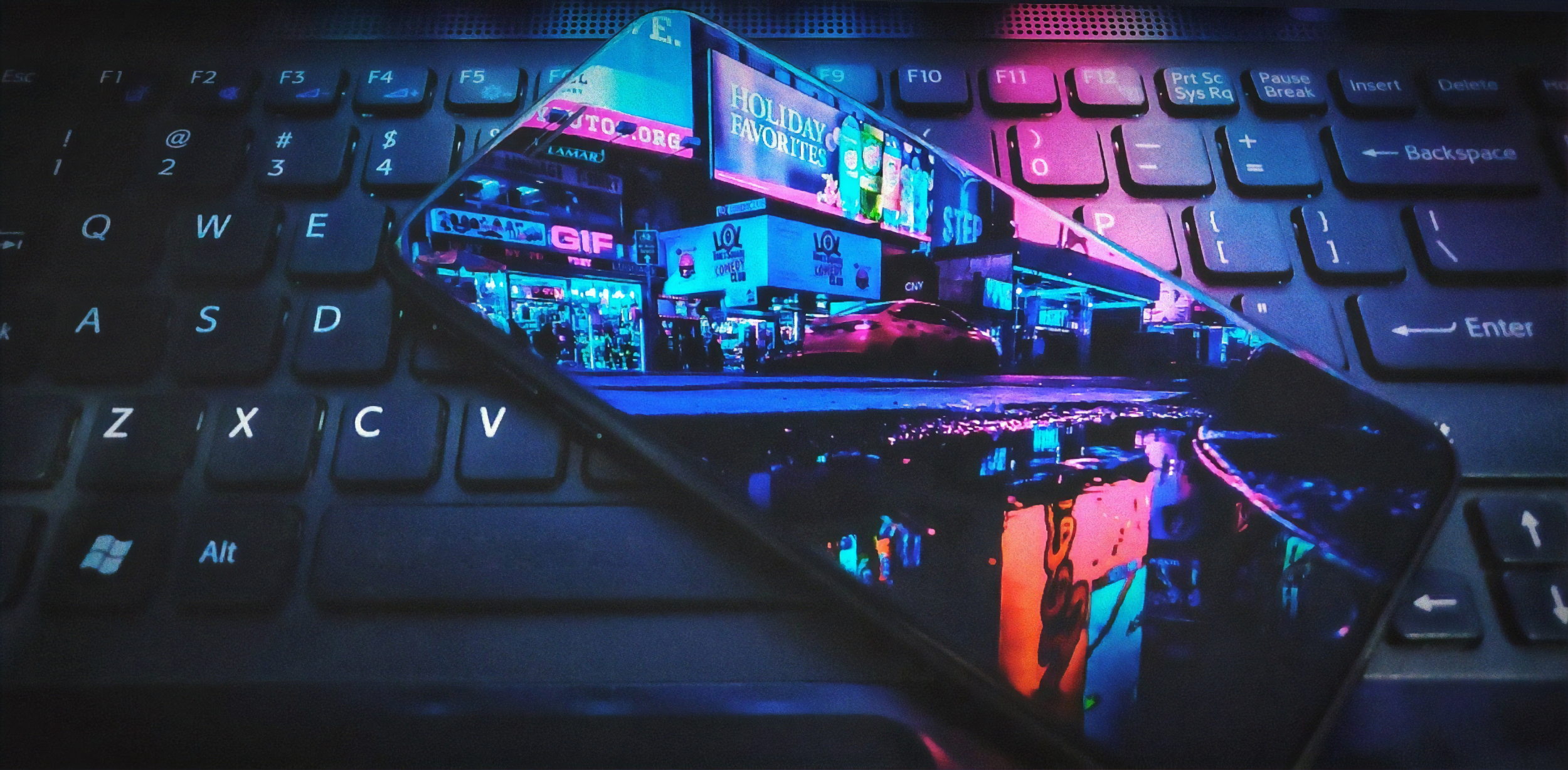29.08.2022
In December 2021, Bain & Company released a forecast indicating that the online channel will become the largest sales channel for personal luxury goods in the coming years.
The luxury space is expected to account for up to 30% of the global market by 2025. The same forecast predicted that physical single-brand retail stores would account for only 28% by the same year. This process of change is making its way at a time when digitization and the use of technology are becoming increasingly relevant in the luxury retail online sales process.
How can we replicate the luxury shopping experience, in the physical store, through the online channel, however? How can we replicate the same personalized and enhanced in-store experience with the convenience of digital media? Well, many are turning to Augmented Reality (AR) to answer this question.
Augmented Reality's ability to allow customers to see, interact with and try on products, in a realistic environment, opens unprecedented opportunities for high-end retailers. Brands such as Gucci, Prada, Piaget and Louis Vuitton were among the first in this sector to experiment with this technology and have begun to implement it in their online sales processes gradually over the past few years.
Let's take a look at four aspects in which Augmented Reality is revolutionizing the luxury retail game:
- Provide an interactive and more personalized shopping experience.
- Limit returns on products purchased online.
- Improve brand positioning and customer connection.
- Capture the attention of new generations of consumers.
Augmented Reality for a personalized experience
One of the biggest challenges for online shoppers is not being able to physically try on an item before buying it, such as clothing, footwear, cosmetic products or accessories. However, implementing Augmented Reality in their sales process, brands allow users to see how that product would look on them, solely using the power of their smartphone.
For example, Dior recently launched its new range of B27 sneakers in Augmented Reality via the Snapchat app. In this way, users of this social network have the opportunity to try on the sneakers in Augmented Reality from their own home. And after trying them on, they can go directly to the online purchase also from their own Smartphone. This strategy managed to boost Dior's sales on its website, generating a return on investment that was six times the investment itself.
In this case, thanks to the power of Augmented Reality, brands are reinventing the opportunity for consumers to interact with their products online in a novel way, replicating the in-store try-on experience through the camera of their own smartphones. And the success of this practice can be seen in this very example from Dior, which generated more than 2.3 million views of the Augmented Reality trial experience through its Snapchat profile.
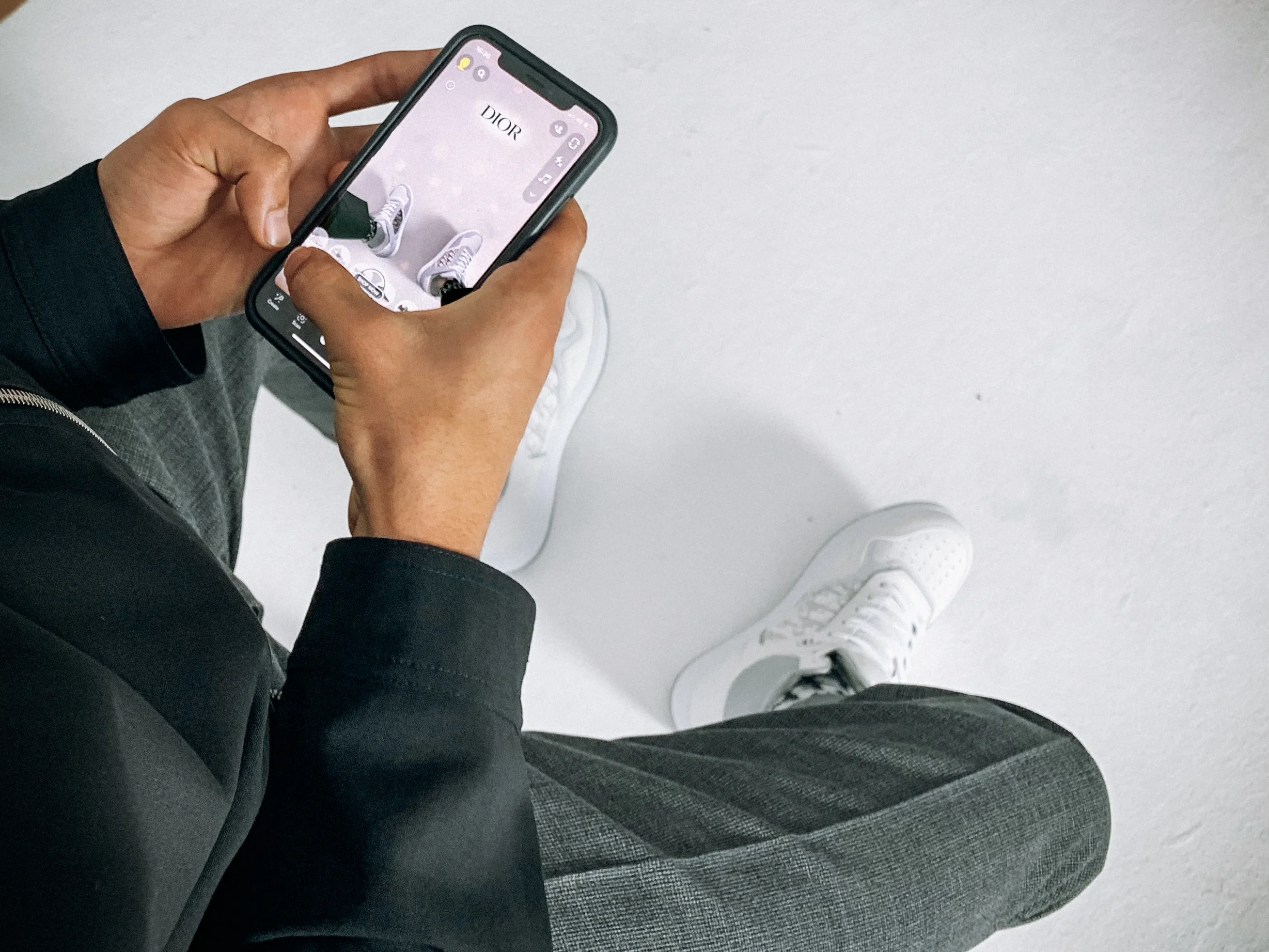
Augmented Reality to reduce returns
When working with luxury brands, Augmented Reality is not only going to help the consumer see the product, but it also allows you to limit return issues with online shopping.
There are many barriers when it comes to buying high-end items online, but aside from price, one of the most limiting for consumers is the fear of having to return a high-value item if it ultimately doesn't fit or doesn't match what they expected.
In this regard, a Foresight Factory study conducted in Australia revealed that, in that country, shoppers return $99.5 million worth of clothing on average per year for these reasons, as the products purchased did not fit their expectations or were not suitable.
This same report also demonstrated that including the use of "try-on" technology using Augmented Reality could reduce annual online product returns by 31%. In addition, it also indicates that almost half (46%) of rural Australian shoppers considered the difficulty of returning products to be a key deterrent to online shopping.
These facts also represent an opportunity for improvement for luxury brands, who see Augmented Reality as a new way to break down major barriers such as fear of returns, reaching more shoppers and increasing their online sales.
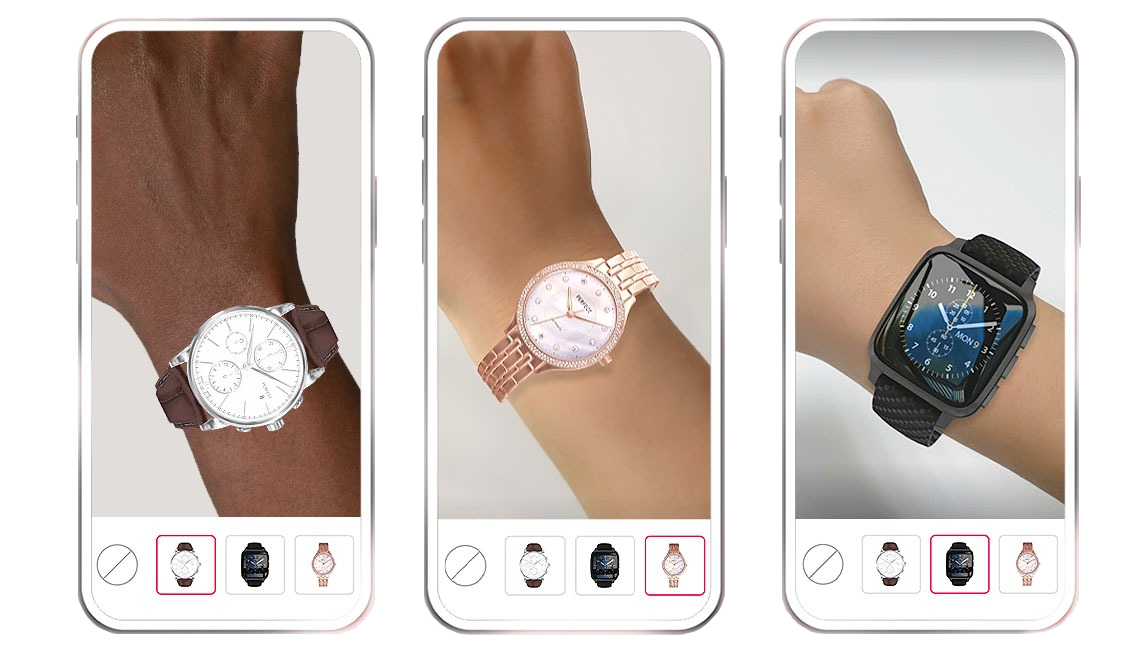
Augmented Reality to improve customer engagement
Through Augmented Reality, brands get twice as much visual attention on their products compared to other forms of exposure that do not use this technology. This, in addition, generates better brand memories, enhanced interactive experiences and a more powerful response from consumers when searching for and purchasing a brand.
And if that wasn't enough, according to several studies conducted, it is estimated that when people interact with products that have an associated AR experience, their conversion rate is 94% higher, indicating a deeper individual connection with the brand.
This is illustrated by Robert Triefus, executive vice president of brand and consumer engagement at Gucci, in these words, "The conversion rates we've seen have surprised us. As a result, we are doubling down on Augmented Reality experiences to drive e-commerce for the Gucci brand."
Any brand, not just luxury but in general that is engaged in selling through the online channel, that is not including Augmented Reality among its marketing strategies in 2022 should surely reconsider its approach.
Augmented Reality and the Future of Online Sales
The new shopping habits acquired by Generation Z and Millennials show their clear interest in fashion and luxury goods. Their vision and philosophy on digital presence on social networks, as well as the constant impact of influencers wearing brands such as Gucci or Balenciaga, can make us think that young consumers are more exposed to this type of products and therefore more interested in them.
In addition, if we rely on internal data from Snap, the company that owns the social network Snapchat, 60% of its community claimed to be interested in buying luxury fashion items online. For these reasons, the luxury industry can no longer ignore the influence of Millennials and Generation Z customers.
Through Augmented Reality, brands are able to speak the language of these new generations of digital native shoppers, those who are used to shopping online and whose first experience with a luxury brand is probably through its website or social networks.
We find ourselves in an exciting time in which the face of retail is changing thanks to the power of Augmented Reality and in which luxury brands are not only reinventing the way they sell online but are catapulting new, more immersive shopping experiences, which will be key in the commercial processes of the future.
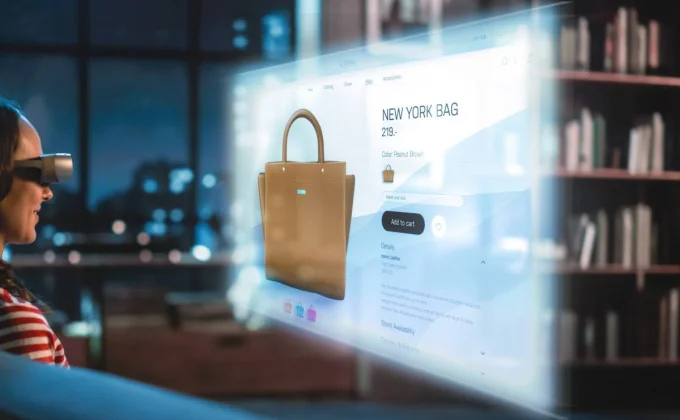
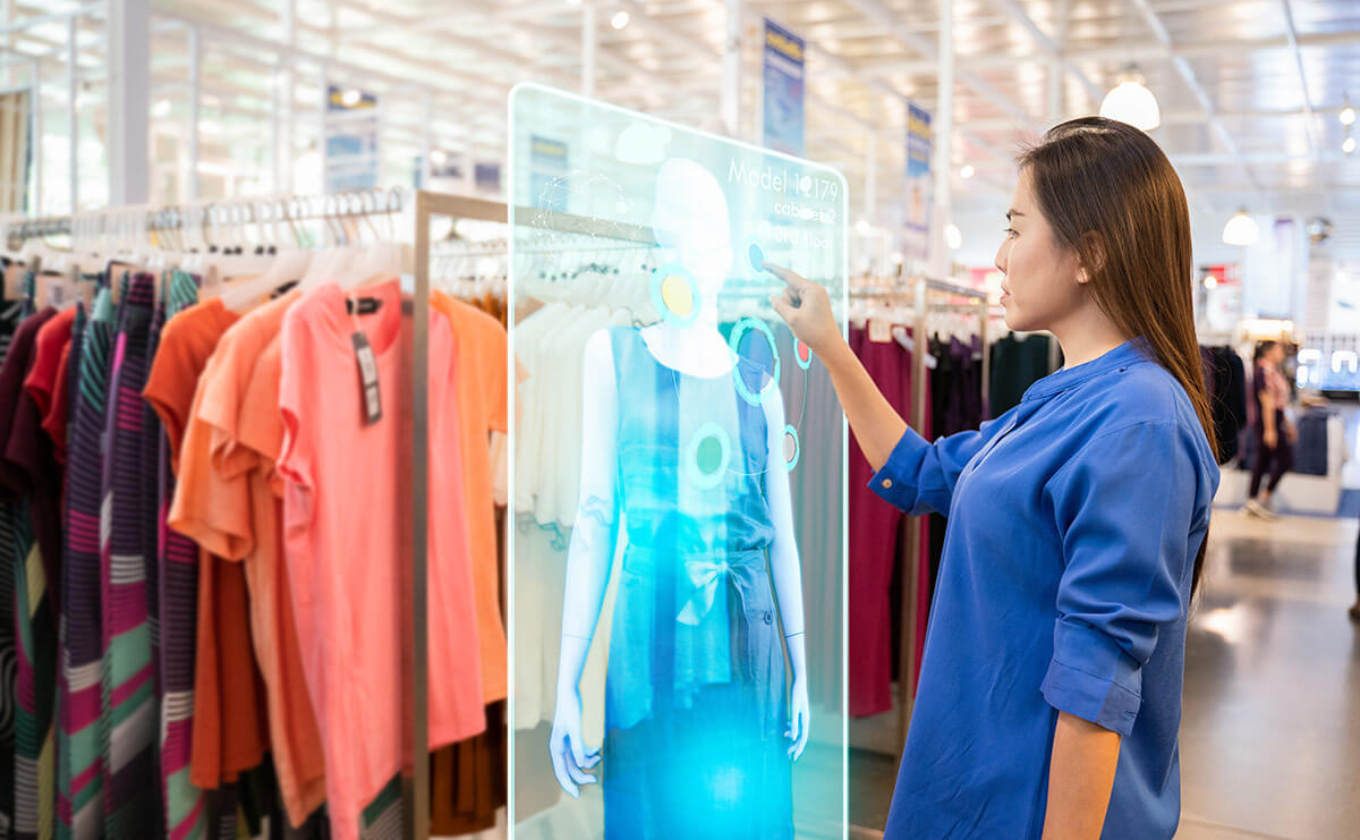
SIMILAR CONTENT
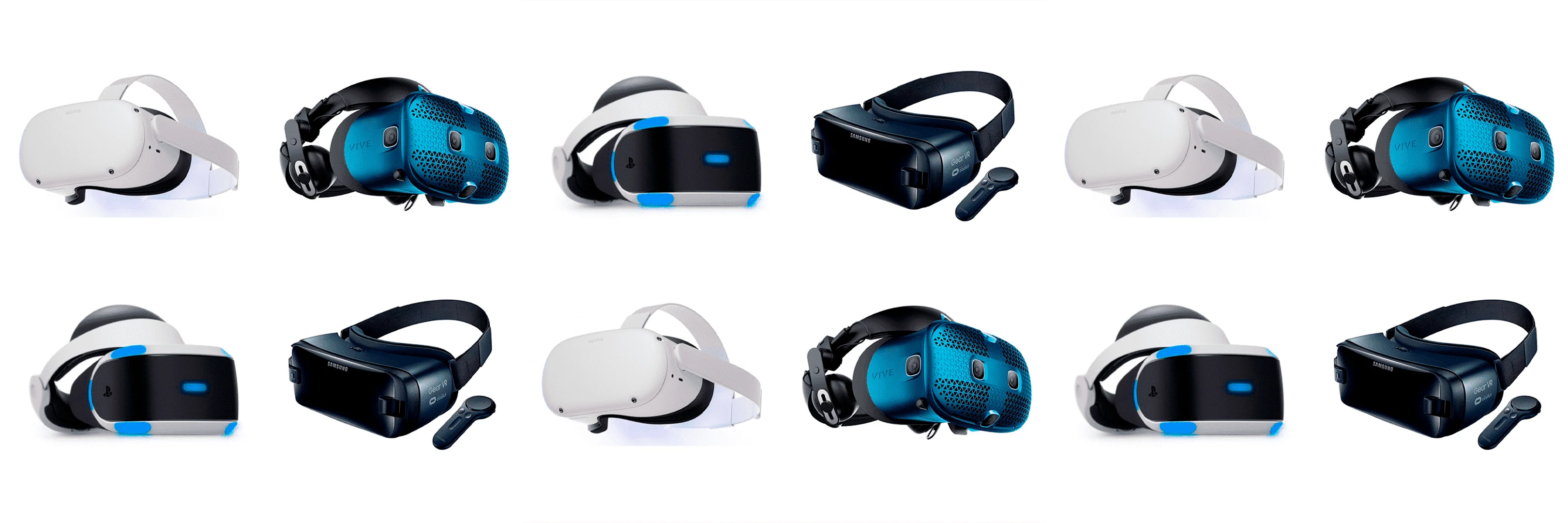
18.01.2021
TYPES OF VR DEVICES | What are the types of Virtual Reality glasses that exist?
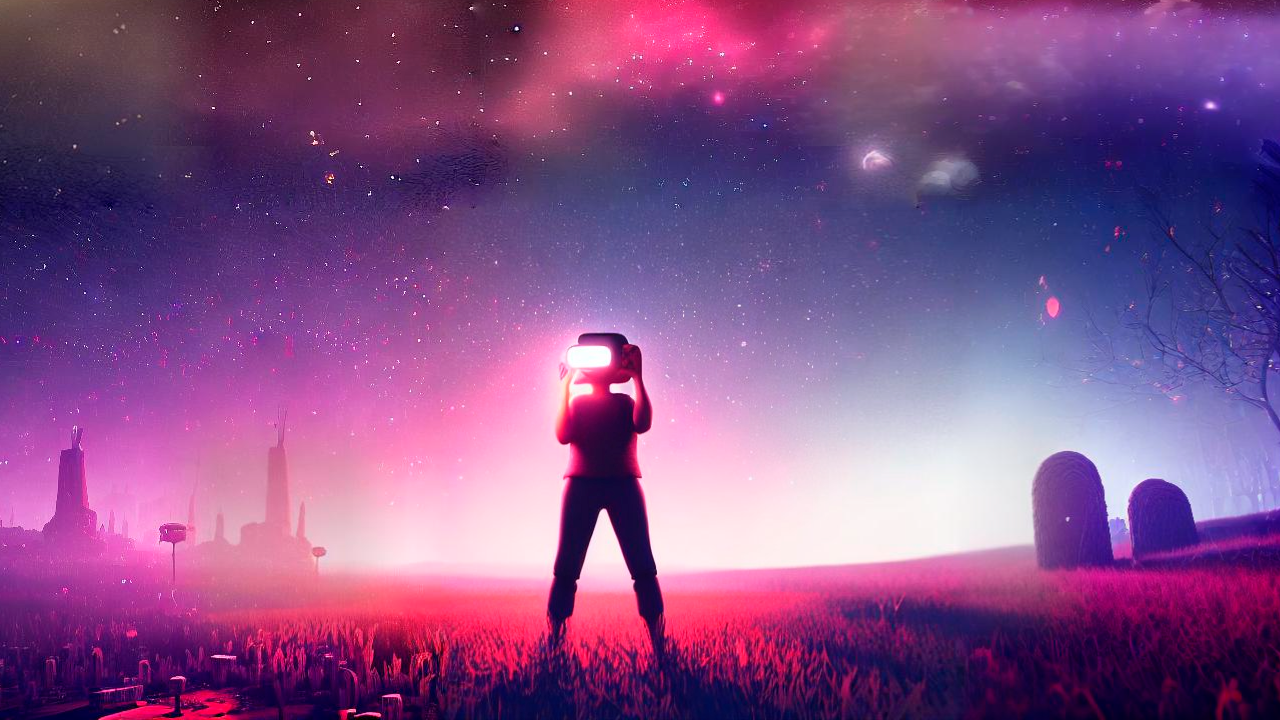
09.11.2023
DeuSens, finalist of the INMERSIVA XR Awards | Information about DescubreXR
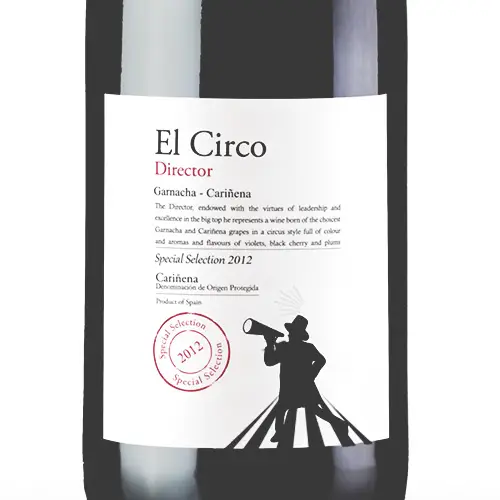
14.09.2016
Innovating: the art of knowing what to do at any given moment









 RETURN
RETURN
